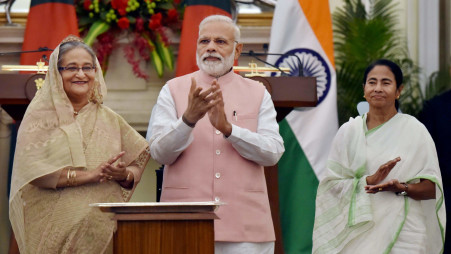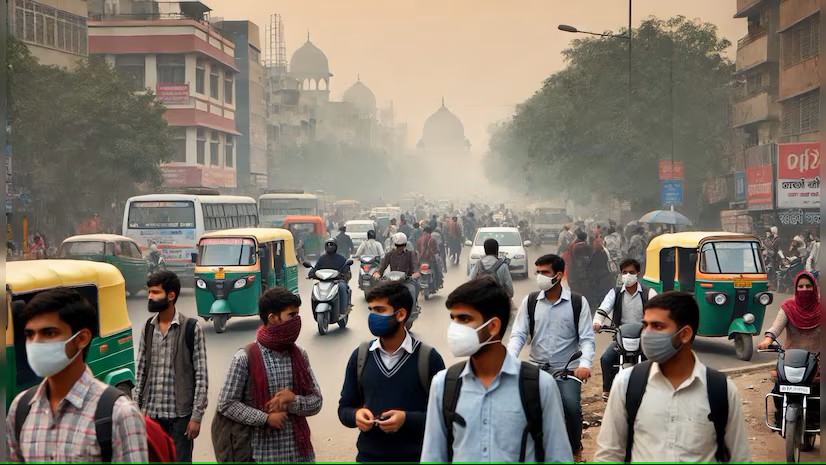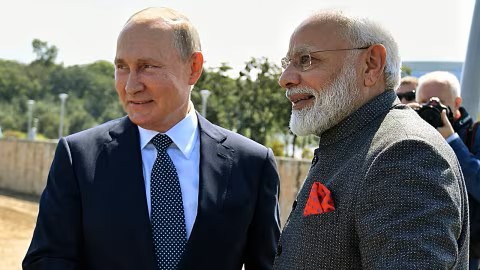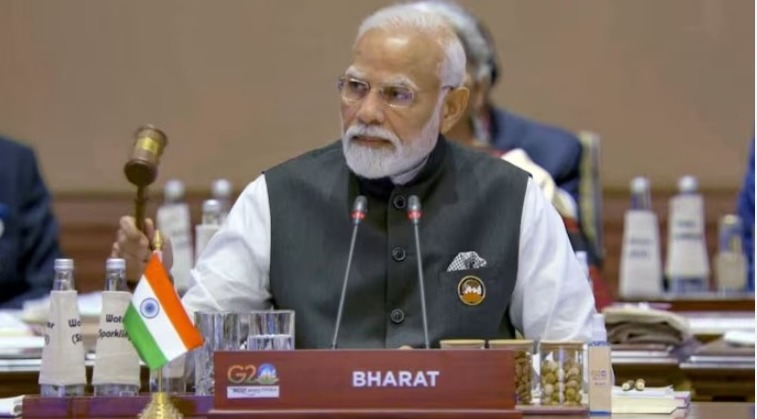The West Bengal government was notified about discussions between the Centre and Bangladesh regarding the Teesta water-sharing and Farakka Treaty, as per government sources.
 On July 24, 2023, the Centre wrote to the Bengal government, seeking their nominee for a committee to conduct an internal review of the 1996 water treaty with Bangladesh.
On July 24, 2023, the Centre wrote to the Bengal government, seeking their nominee for a committee to conduct an internal review of the 1996 water treaty with Bangladesh.
West Bengal Chief Minister Mamata Banerjee wrote to Prime Minister Narendra Modi, objecting to unilateral discussions on the water treaties with Bangladesh. She emphasized that the people of West Bengal would suffer the most from the impacts of such agreements and expressed concerns over the renewal of the Indo-Bangladesh Farakka Treaty, which expires in 2026.
On August 25, 2023, the Bengal government nominated the state’s Chief Engineer (Design and Research), Irrigation, and Waterways for the internal review committee. Later, on April 5, 2024, the Joint Secretary (Works, Irrigation & Waterways Department) of Bengal communicated the state’s total water demand for the next 30 years from the downstream stretch of the Farakka Barrage.
Mamata Banerjee has consistently opposed the water-sharing pact with Bangladesh, citing issues such as erosion, siltation, and floods in Bengal, which she attributes to the Farakka barrage.
In a recent bilateral meeting, Prime Minister Modi and his Bangladeshi counterpart, Sheikh Hasina, discussed the conservation and management of the Teesta River and the renewal of the 1996 Ganga Water Treaty. Under the agreement, India plans to build a large reservoir and related infrastructure to manage and conserve Teesta water.
The Farakka Agreement, which governs the sharing of the Ganga River’s waters between India and Bangladesh, is set to expire in 2026. The treaty outlines the principles of water sharing between the two countries, with India as the upper riparian and Bangladesh as the lower riparian, agreeing to share the water at Farakka, a dam on the Bhagirathi River, approximately 10 km from the Bangladesh border.




